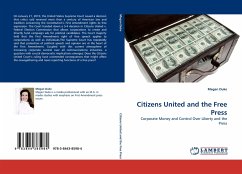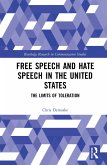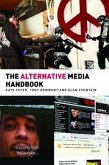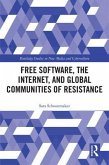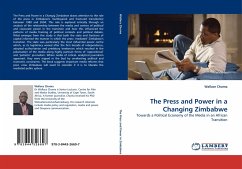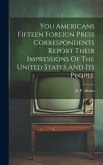On January 21, 2010, the United States Supreme Court issued a decision that critics said reversed more than a century of American law and tradition concerning the Constitution's First Amendment rights to free expression. The Court handed down a 5-4 decision in Citizens United v. Federal Election Commission that allows corporations to create and directly fund campaign ads for political candidates. The Court majority held that the First Amendment right of free speech applies to corporations as well as individuals.The Supreme Court has repeatedly said that protection of political speech and opinion are at the heart of the First Amendment. Coupled with this current atmosphere of increasing corporate control over all communications industries, a question with crucial democratic implications emerges: Does the Citizens United Court's ruling have unintended consequences that might affect the newsgathering and news reporting functions of a free press?
Bitte wählen Sie Ihr Anliegen aus.
Rechnungen
Retourenschein anfordern
Bestellstatus
Storno

